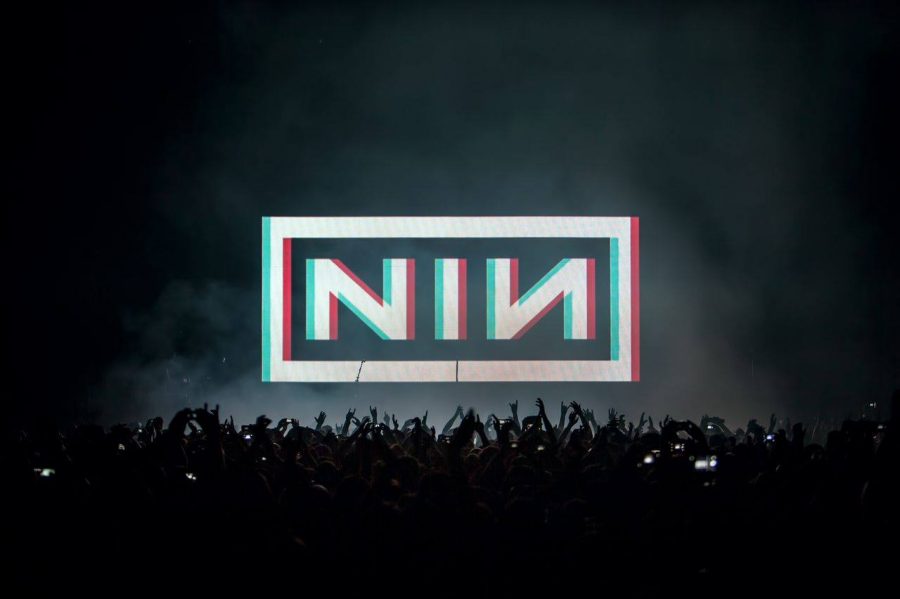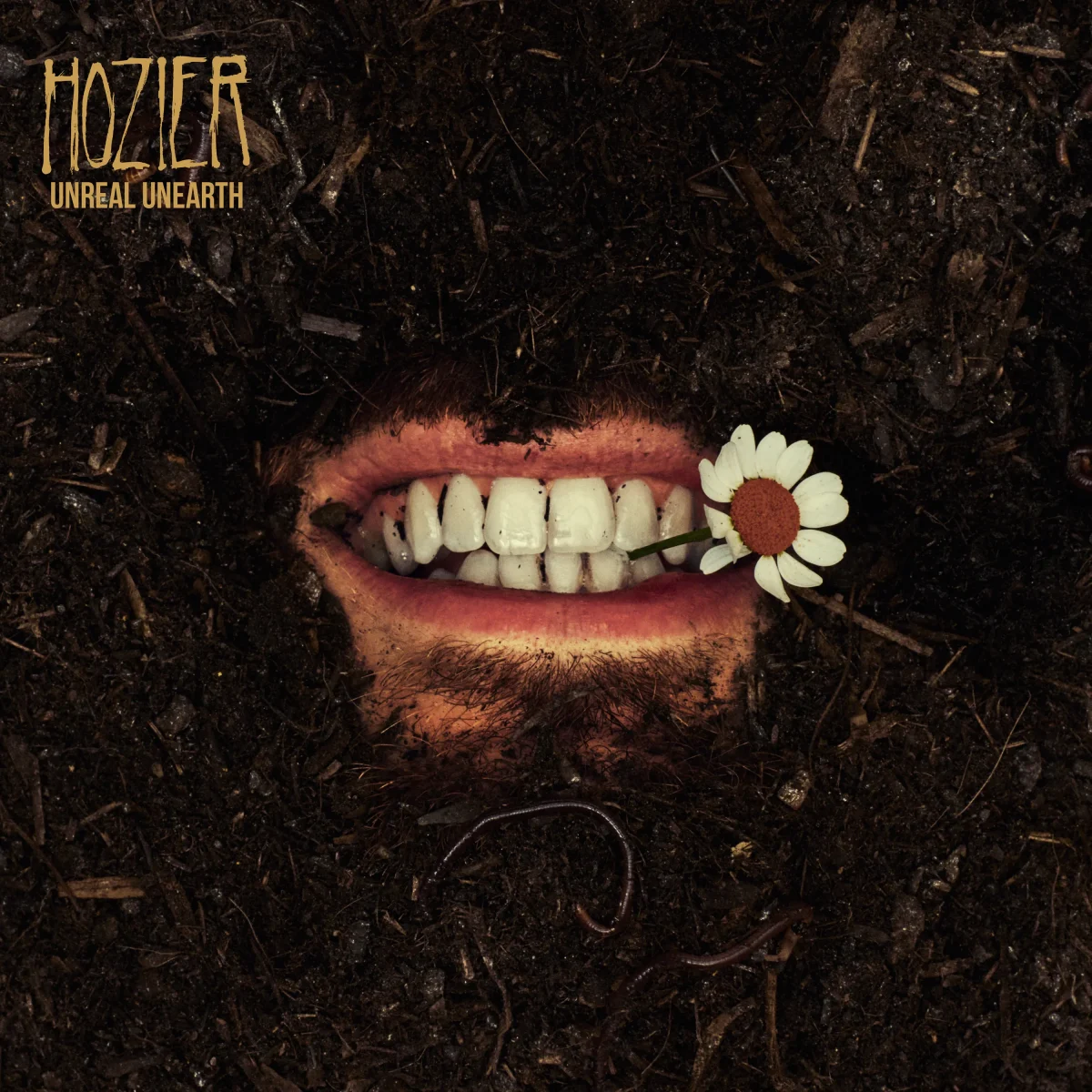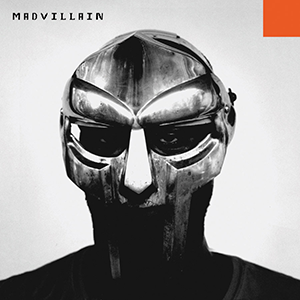“Pretty Hate Machine” is truly a product of its time. Released as 1989 was coming to a close, it’s both a departure from and an ode to the overproduced synth-pop of the 80s, coupled with the angry and desperate lyricism that would come to characterize much of 90s rock. On paper, it should be a niche album, unable to escape its era, and yet, it remains just as heady and intriguing thirty years later.
In many ways, “Pretty Hate Machine” is everything a debut album should be: clear, concise and lyrically complex enough to warrant multiple listens. Although it’s not as mature or polished as some of Nine Inch Nails’ later work, it delivers a sense of disorganized emotional honesty that the band never quite captured again.
At only 10 tracks, “Pretty Hate Machine” has no room for filler; not a single lyric is wasted, and every song adds another layer to the strange aesthetic that permeates the album. The opening track, “Head Like A Hole,” is a perfect introduction that hints at nearly every theme the album goes on to explore. The lyrics, like many songs in Nine Inch Nails’ discography, never fully explain themselves, but still manage to convey urgency and with that demand to be heard. “Bow down before the one you serve / you’re going to get what you deserve” reads like a cliché threat, but in actuality, takes on a more insidious undertone with Trent Reznor’s whiny vocals. Reznor pushes that whiny, knowingly petty tone to its limits on “Head Like A Hole,” only to switch gears for a chorus that borders on yelling.
The uninterrupted shift into “Terrible Lie”, the second track, is fitting, as the two songs seem to work in thematic tandem. Where “Head Like A Hole” condemned society’s obsession with material wealth – “god money I’ll do anything for you” – “Terrible Lie” represents the emotional fallout the speaker experiences after he has that revelation. The latter is less veiled and more straightforward; it calls directly upon God, established earlier as a stand in for materialism and expresses a raw desperation to connect to something greater than oneself. “I’m on my hands and knees, I want so much to believe,” the song echoes.
Outside of those first two tracks, the album jumps around in terms of subject matter but stays aesthetically consistent. Religious imagery remains at the forefront, but increasingly highlights ideas of sin and morality — two things the speaker is intensely aware of to the point of obsession. Another song on the album, “Sanctified,” begins with a distinctive baseline, making it one of the more sonically interesting songs on the album. However, it doesn’t deliver the kind of lyrical impact that the rest of the album does. The idea of finding something akin to religious faith within another person, especially when connected to the archetype of a mystical woman, is important to the album’s narrative structure. That being said however, “Sanctified” feels like a weaker prelude to “Closer,” a more well-known track off of Nine Inch Nail’s second album “The Downward Spiral.”
The previously mentioned idea of morality is most evident in “Kinda I Want To,” a song that begins appropriately with heavily distorted, muffled voices. The song is intentionally vague, referring to an unspecified “you” and “him” between repeated cries of “kinda I want to.” This is all without any indication of what the speaker actually wants to do. The song presents a kind of moral crisis, one that’s so overwhelming it denotes cognitive dissonance, wherein the speaker uses religion to shift blame off of himself with lines like “there’s a devil sleeping in my bed.”
The highest point on the album, after “Head Like A Hole,” is perhaps “The Only Time,” which encapsulates nearly all of the elements that Nine Inch Nails would later become known for. It’s oddly catchy with lyrics that aim to shock. It cleverly returns to the pattern established in “Head Like A Hole,” with angsty verses juxtaposed with a heavier, messier chorus. It feels like a follow up to “Kinda I Want To” as the speaker admits, “I don’t want to think too much about what we should and shouldn’t do,” indicating that he’s gotten over any notions of sin or universal morality. He admits “maybe I’m all messed up” but seems to relish in that morally decrepit state and even mocks God, “maybe God will cover up his eyes”, in startling contrast to the helpless plea directed at God in “Terrible Lie.”
On the surface, “Pretty Hate Machine” is a mess of unrelenting angst and overzealous criticism that makes Reznor come off as somewhat pretentious and self-important, but that’s exactly what has allowed it to remain relevant. With lyrics that range from melodramatic, “I’m slipping on the tears you’ve made me cry” to sardonic, “my moral standing is lying down” in the short span of just 10 songs, it’s an album that feels adolescent in the sense that it’s not quite sure of anything, but it sure is angry. It’s that unfiltered anger, the feeling that the world hates us, and we hate it right back, that the album speaks to. At some point we are all young and needlessly enraged and “Pretty Hate Machine” reminds us of that all too acutely.
Molly Hamilton can be reached at [email protected].




















